Rwanda, the “Land of a Thousand Hills,” is among the fastest-growing nations in Africa presumptively safe, neat, and entrepreneur-friendly. Its economy-based on technology and stable government attracts professionals, investors, and students from across the continent. For Nigerian citizens who want to relocate there to work, study, or simply reside, Rwanda is a smart choice with a smooth immigration process.
1. Do Nigerians Need a Visa to Visit Rwanda?
No. Nigerians are eligible to receive a 30-day visa upon arrival in Rwanda under the African Union agreement.
Visa on Arrival Requirements:
- 6+ months Nigerian valid passport
- Return/onward ticket
- Hotel accommodation details
- Evidence of funds for stay
- Yellow fever vaccination card
Fee: $50 (cash/card payment at airport/border)
Tip: You may also obtain your visa in advance from irembo.gov.rw
2. Extended Stay: Residence Permit
If you are staying more than 30 days to work, study, or do business, then you need a Rwandan residence permit.
Categories of Permits:
- Class H: Employment
- Class G: Business/Investor
- Class M: Students
- Class K: Retirees
- Class T: Religious/Volunteers
Apply online from Rwanda Directorate General of Immigration and Emigration.
Documents Required:
- Valid passport
- Passport photos
- Medical certificate
- Police clearance certificate (Nigeria)
- Employment contract or business registration (if applicable)
- Proof of accommodation
- Yellow card
- Application letter
- Application fee (permit-dependent)
Processing Time: 7–21 business days
Validity: 1–2 years, renewable
3. Work Opportunities for Nigerians
To work in Rwanda:
- Get a job offer from a Rwandan employer
- Employer applies your application for Class H work permit
- The work permit gives temporary residence too
Emerging industries:
- ICT and tech startups
- Tourism and hospitality
- Finance and fintech
- Construction and urban development
- Education and healthcare
Note: Rwanda gives priority to skills transfer, very skilled people have better opportunities.
4. Starting a Business in Rwanda
Rwanda ranks high in the World Bank’s Ease of Doing Business list.
Process for Nigerians:
- Register your business via RDB portal
- Obtain a Tax Identification Number (TIN)
- Open business bank account
- Apply for Class G investor/business permit
Most sought-after areas for business:
- Agro-tech
- Renewable energy
- Hospitality
- Real estate
- Transport and logistics
5. Cost of Living and Accommodation
- Places to reside: Kigali (capital), Huye, Musanze, Rubavu
- Cost Estimates (Monthly): 1-bedroom flat in Kigali: ₦300,000 – ₦800,000
- Utility and internet: ₦40,000 – ₦70,000
- Transport: ₦15,000 – ₦30,000
- Food: Affordable when eating locally
Rwanda is safe, clean, and well-organized ideal for families and professionals.
6. Healthcare and Education
- Public health is improving but private clinics (e.g., King Faisal Hospital) are utilized.
- Health insurance (Mutuelle de Santé or private) is mandatory.
- International and private schools (French and English curriculum) are available.
7. Banking and Finance Setup
- Currency: Rwandan Franc (RWF)
To open a local account:
- Valid passport
- Residence permit
- TIN (Tax Identification Number)
- Proof of address
Banks are Bank of Kigali, Equity Bank, and Access Bank Rwanda. Mobile money is common.
8. Language and Integration
Languages spoken:
- Kinyarwanda (official)
- English (widespread usage)
- French (business use)
It is easy to fit into being an English speaker, but picking up some Kinyarwanda facilitates community integration.
9. Safety and Legal Matters
- Rwanda is an extremely safe and clean country in Africa.
- Be firm on immigration rules, overstays are charged
- Always carry ID/residence card
- Register with Nigerian High Commission in Kigali for consular support
Rwanda offers a good life, career opportunities, and an amicable environment for Nigerians. As a professional, investor, or student, Rwanda’s immigration and business frameworks are the most efficient on the entire African continent.


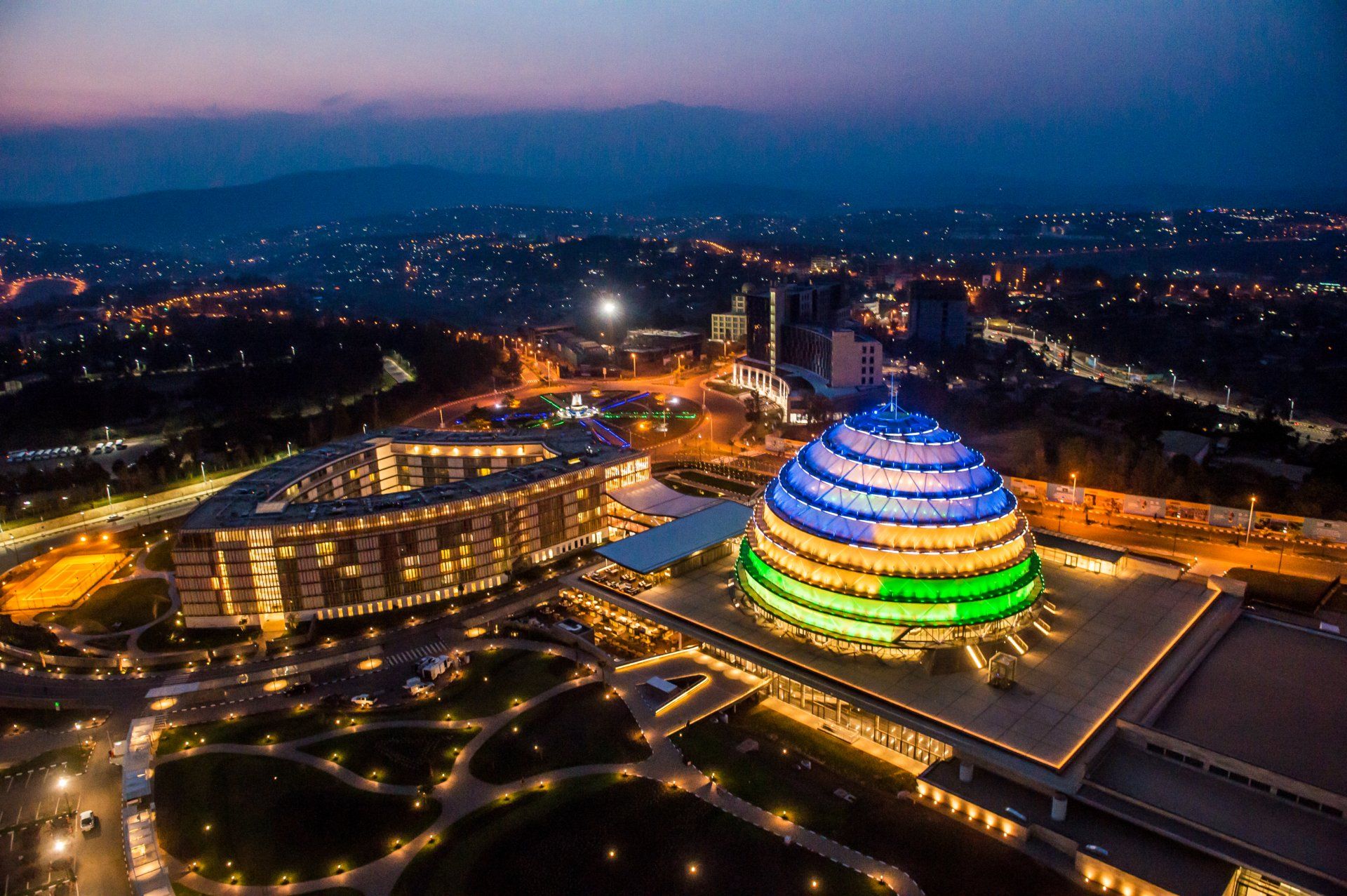
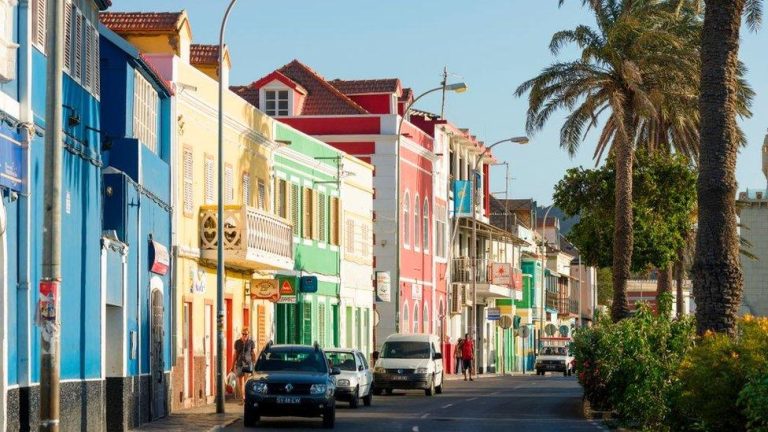
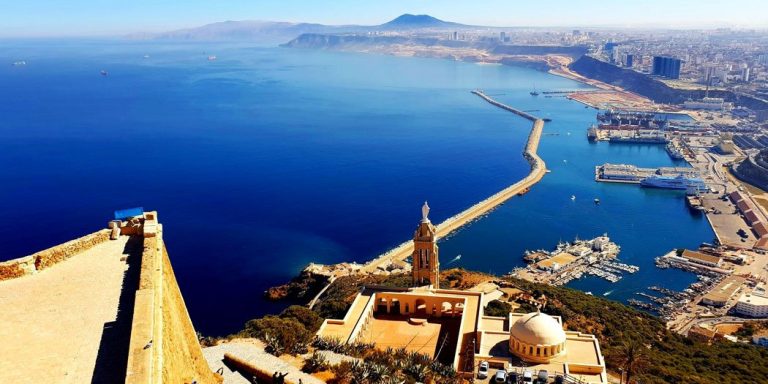

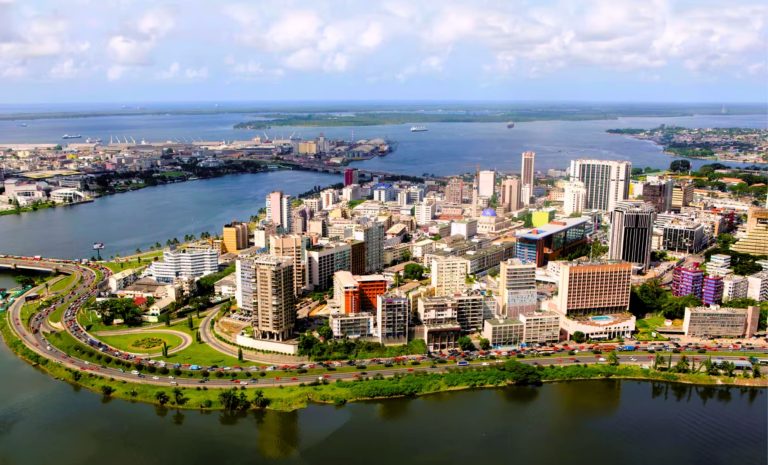

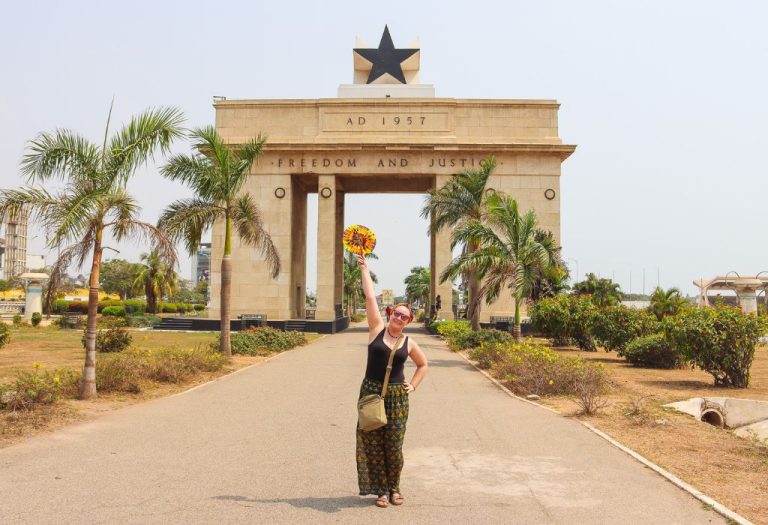
Leave a Comment